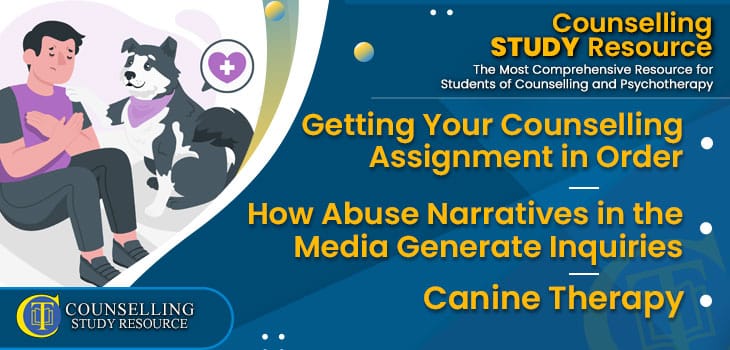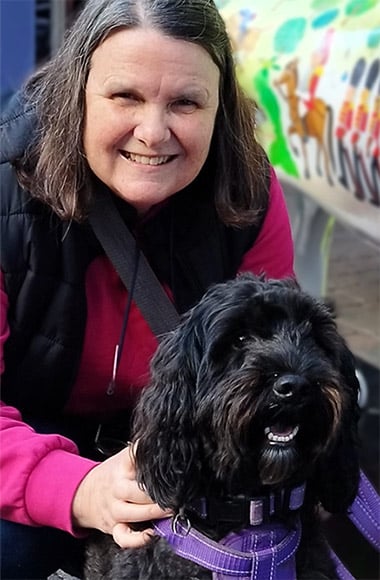See Counselling Skills Used in Real Sessions by Qualified Therapist
Real Sessions – Real Presentations – Real Skills
Gain the competence and confidence to use counselling techniques effectively!

In Episode 285 of the Counselling Tutor Podcast, your hosts Rory Lees-Oakes and Ken Kelly take us through this week’s three topics:
Counselling Assignment Tips
Assignments are an essential part of your journey towards becoming a qualified counsellor and in this section, Rory and Ken offer some of their tips and tricks to help you complete them:

Real Sessions – Real Presentations – Real Skills
Gain the competence and confidence to use counselling techniques effectively!
In this section, Rory and Ken talk us through the ripple effect, and how it can impact your practice:

On-demand access to a rich lecture library covering theory, skills, and professional development for counselling students—Mapped to the UK awarding body criteria
“The Student Library has been BRILLIANT, I can’t recommend it enough!
It has been a lifeline in helping me prepare for practice and my first clients. If you’re considering it, go-for-it, it’s absolutely worth it!”
Kelly – Graduated and now in practice.
In this week’s ‘Practice Matters’, Rory speaks with Hilary McNair, accompanied by her dog Oscar, about how they work with clients.
The key points from this discussion on canine therapy include:


Counselling Assignment Tips

Get on-demand Certified CPD that is implementable in your practice
